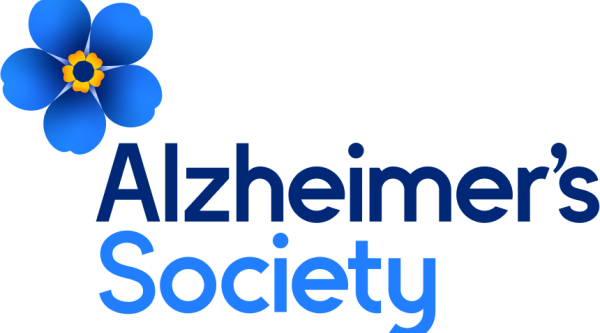Direct payments in Northern Ireland
Find out how direct payments work in Northern Ireland, who can get them and what they can be used for.
- You are here: Direct payments in Northern Ireland
- How to get a direct payment in Northern Ireland
- Direct payments in Northern Ireland – FAQs
- Direct payments in Northern Ireland – useful organisations
Direct payments in Northern Ireland
What are direct payments?
Many people with dementia will need care and support as their condition progresses. A direct payment is an amount of money paid directly to you to pay for your care and support. It is intended to give you more control and flexibility over your care, by letting you choose how you use the money to meet your needs.
Direct payments are given by health and social care (HSC) trusts. Your HSC trust will have to carry out a needs assessment to decide if you are eligible for support. You can only use a direct payment for the kinds of care and support you have been assessed as needing.
However, it’s up to you whether you want to get a direct payment if you are eligible. You can ask for one, but you can also refuse if one is offered. Direct payments can be used to buy all of the support that you need, or just part of that support alongside services provided by the HSC trust.
Direct payments do not give you an automatic right to a service. If the trust has a waiting list of people seeking a particular service (for example a day care session), anyone wishing to pay using a direct payment will still have to join this list. The direct payment may also not cover all your care and support needs. Trusts may arrange some services for you, as well as making direct payments.
Live in England or Wales?
This information is for people living in Northern Ireland. There are different arrangements in England and Wales – see our guide to Personal budgets.
Who can get direct payments in Northern Ireland?
Direct payments are available to anyone who is eligible for care and support services.
To be eligible for direct payments in Northern Ireland, you must be at least 16 years old and be:
- a disabled person (which, for this purpose, includes a person with dementia)
- an older person
- someone with a mental health condition
- a carer.
The trust must also be satisfied that you are willing and able to manage a direct payment, with help – if you need it.
You will need to have a needs assessment to work out whether you are eligible (see How to get a direct payment).
Trusts must offer a direct payment to anyone who is assessed as needing care and support and who requests one. They must consider every application individually.
Consent and appointing an ‘authorised person’
Usually, you must have the ability (known as ‘mental capacity’) to consent to receive a direct payment.
However, if you lack the mental capacity to consent to receiving a direct payment, then it may be possible for someone else to receive and manage the direct payment on your behalf. The person appointed in these cases is often referred to as an ‘authorised person’. To become an authorised person, they will need either:
- an Enduring power or attorney
- an existing court order from the Office of Care and Protection, such as a Controllership or a Short procedure order.
If you don’t have either of these arrangements in place or can’t set them up, the person can apply to the Office of Care and Protection for a Short procedure order (direct payments only). This is a legal tool that lets someone act as the authorised person to receive and manage your direct payments for you.
For more information contact the Office of Care and Protection (see Other resources).
If someone is taking on the role of an authorised person, they must understand that they are in a position of trust. They must also understand what is involved in receiving and managing direct payments and be willing to take on this role. The HSC trust should provide them with information about the role and what it involves as soon as possible.
Managing a direct payment is not just about money and paying for services. It also involves arranging the care and support that the HSC trust would have provided.
What can direct payments be used for in Northern Ireland?
Direct payments can be used to buy a range of things, provided they are directly linked to the care and support you have been assessed as needing. This could include:
- employing someone to help you, such as a personal assistant or a carer
- buying services from an agency, such as paying a care agency to arrange carers to visit your home
- paying for day care services – this might be in a day care centre, or even day care in a care home that offers this.
Each person’s needs are different and it is important to discuss with a social worker what the direct payment will be spent on. The trust must also agree what the direct payment will be used for.
Direct payments are designed for paid-for services, and are not intended to be used for existing support networks within families and communities. For this reason, you cannot use direct payments to pay for a service from your spouse or partner, or anyone who lives in the same household, except in exceptional circumstances (for example, if someone is specifically recruited to be a live-in employee).
If you think someone you would like to employ or buy a service from might fall into one of these categories, you should discuss this with the trust before going ahead.








